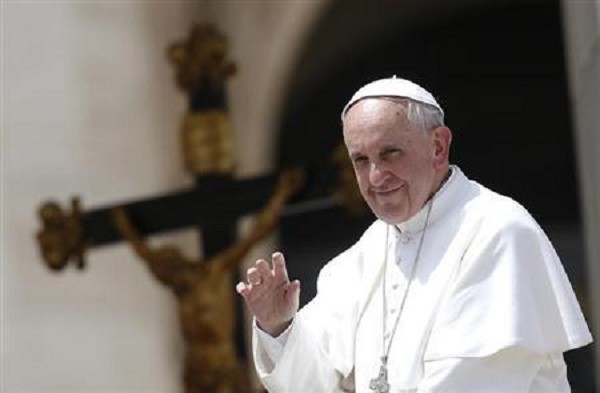Pope Francis has authorized the blessing of same-sex couples by Catholic priests, marking a notable, if circumscribed, evolution in the Church's long-held stance on LGBTQ+ individuals. While the new ruling stops short of endorsing same-sex marriage or altering core doctrinal teachings, it offers a concrete gesture of recognition towards same-sex relationships and their desire for God's blessing.
Limited Recognition, Open Interpretation
The Vatican document outlining the change stipulates that blessings for same-sex couples must occur outside of formal church rituals and ceremonies, such as weddings or civil unions. It emphasizes a pastoral approach, urging priests to discern individual needs and circumstances before offering a blessing. This allows for flexibility in choosing appropriate contexts, such as private meetings, prayer groups, or pilgrimage settings.
This conditional approval represents a nuanced departure from the Vatican's prior position, explicitly barring blessings for same-sex couples in 2021. Pope Francis' consistent call for greater inclusivity and compassion towards LGBTQ+ individuals finds tangible expression in this decision.
Reactions and Reservations
LGBTQ+ rights advocates and progressive Catholics have lauded the move as a significant step forward, acknowledging the deep desire of same-sex couples for God's presence in their relationships. Father James Martin, a prominent Jesuit priest known for his work with the LGBTQ+ community, called the ruling "a major step forward" and a recognition of the legitimacy of same-sex relationships.
However, some conservative Catholics remain skeptical, expressing concerns about potential confusion between the blessings and the sacrament of marriage. They argue that the move could undermine the Church's traditional teachings on marriage and sexuality.
Uncertainty and Dialogue
The long-term impact of this change on the Church's relationship with LGBTQ+ individuals remains uncertain. Individual priests will play a crucial role in navigating the new guidelines, balancing pastoral care with doctrinal considerations. The extent to which same-sex couples embrace this offering and how it is implemented within diverse dioceses will shape the future of this policy.
Despite the limitations, the Vatican's decision to authorize blessings for same-sex couples marks a tangible shift in the Church's approach. It opens the door for further dialogue and understanding within the Catholic community on LGBTQ+ issues, acknowledging the complex realities of contemporary life and the Church's evolving approach to inclusivity and pastoral care.



























